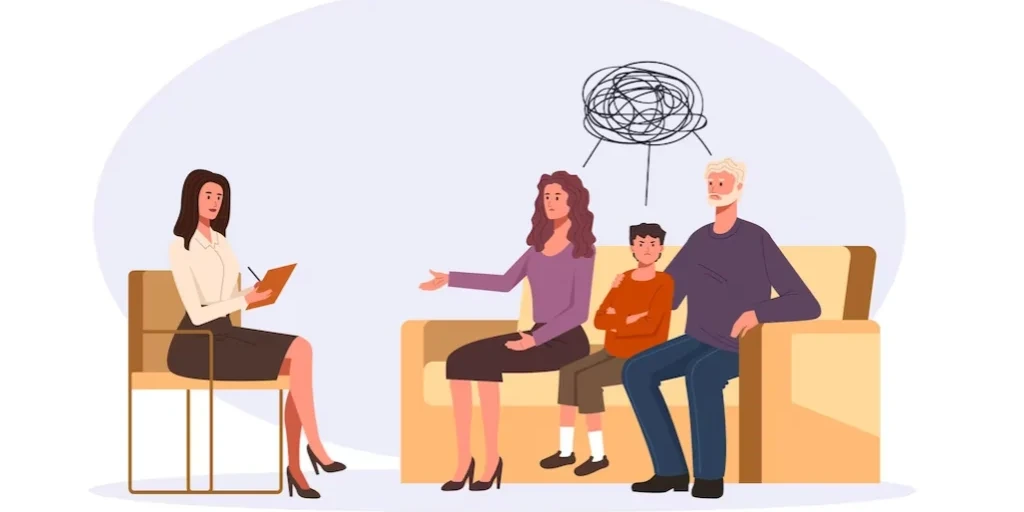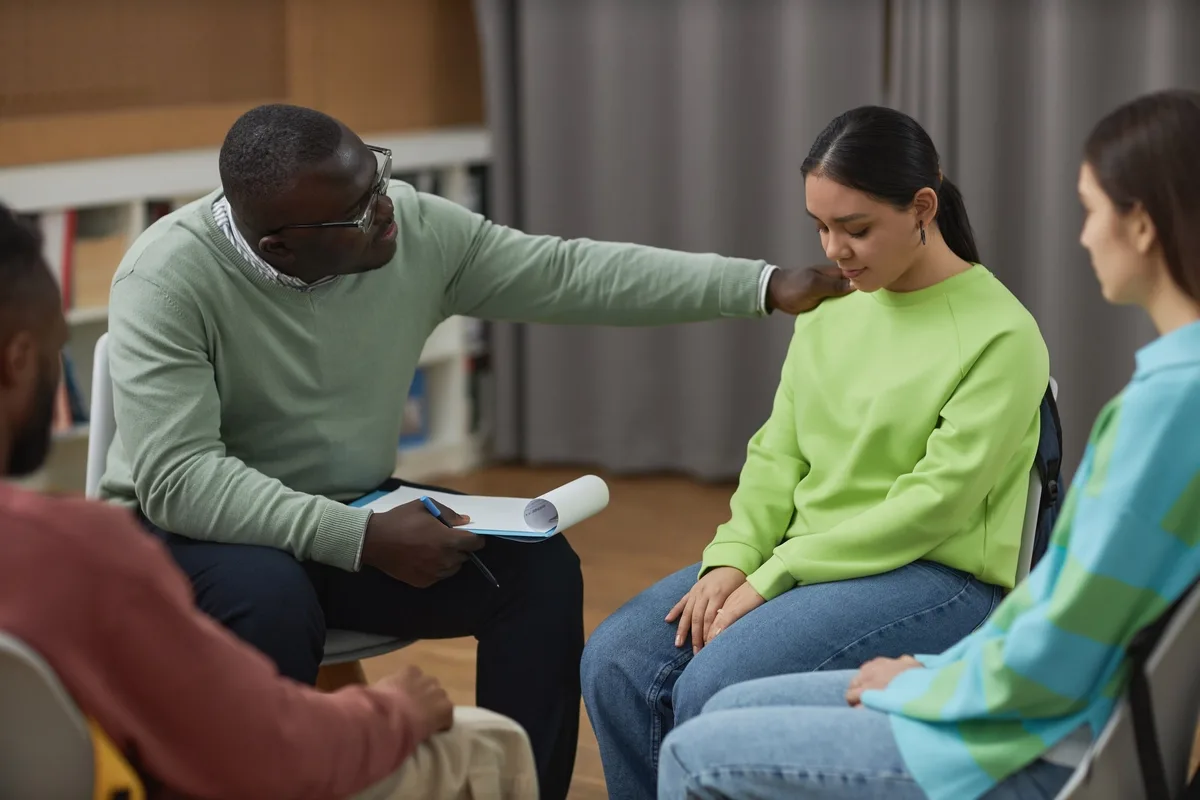24/7 Helpline:
(866) 899-111424/7 Helpline:
(866) 899-1114
Learn more about Morphine Rehab centers in Tonkawa
Morphine Rehab in Other Cities

Other Insurance Options

American Behavioral

WellPoint

Regence

Health Choice

Optum

Magellan Health

Multiplan

CareFirst

State Farm

Humana

ComPsych

MHNNet Behavioral Health
Beacon

Cigna

BHS | Behavioral Health Systems

Horizon Healthcare Service

Access to Recovery (ATR) Voucher

AllWell

Magellan

CareSource

Tonkawa Tribe – Substance Abuse Program
Indian Alcohol and Substance Abuse Tonkawa Tribe of Oklahoma offers outpatient services for people s...


Alpha II
Alpha II is a private rehab located in Tonkawa, Oklahoma. Alpha II specializes in the treatment of a...




Edwin Fair Community Mental Health Center – Kay County
Edwin Fair Community Mental Health Center – Kay County is a private rehab located in Ponca City, Okl...

Bridgeway
Bridgeway is located in Ponca City, Oklahoma. Bridgeway provides substance abuse treatment.

Ponca City Rightway Medical
Ponca City Rightway Medical is a private rehab located in Ponca City, Oklahoma. Ponca City Rightway ...
































































